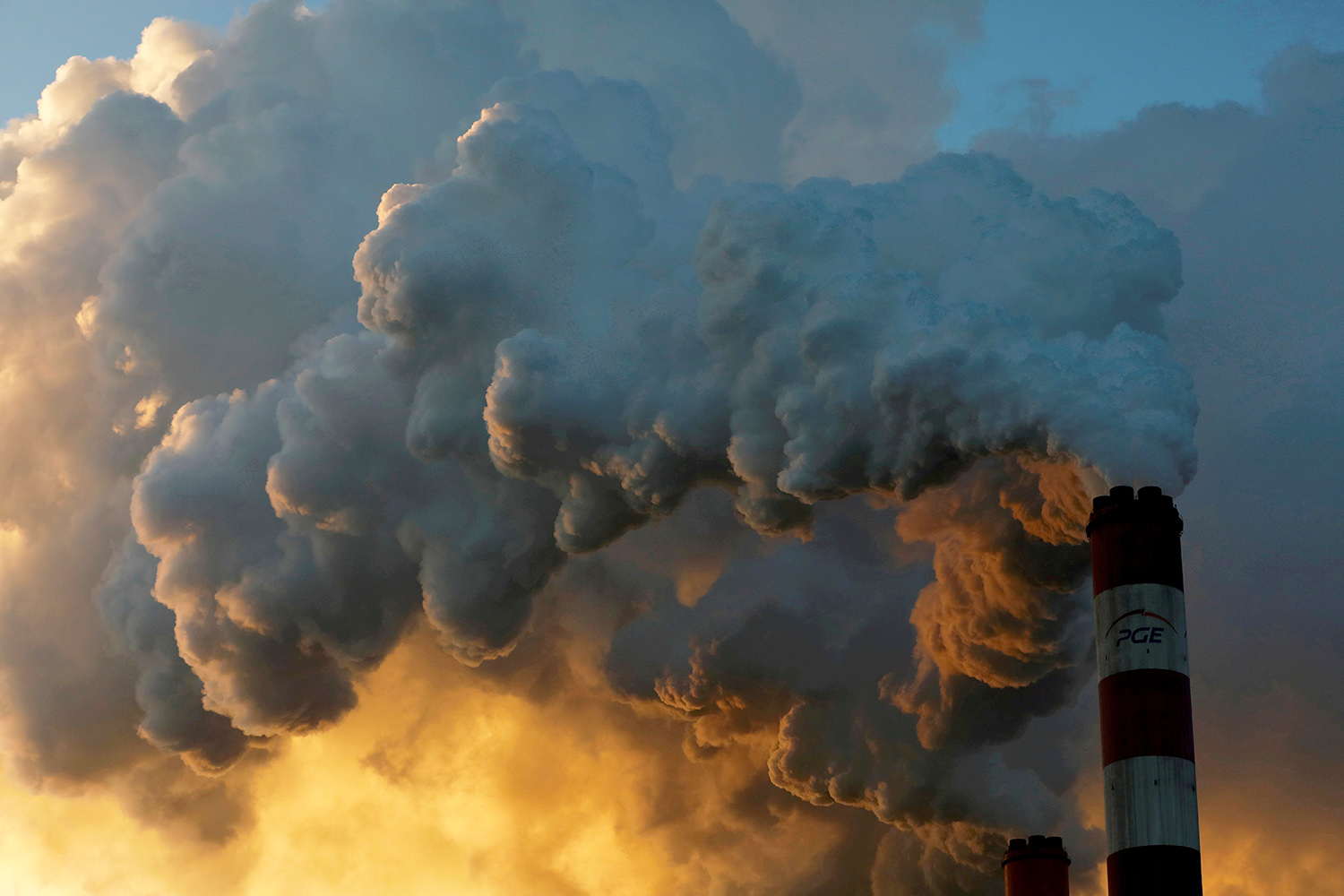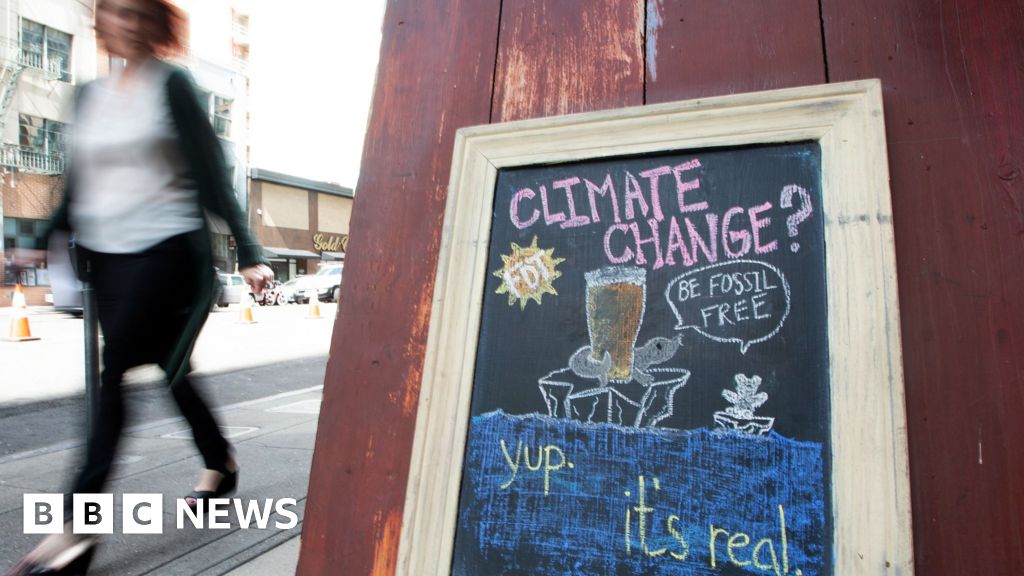
“It has been 28 years since the World Meteorological Organization issued the first state of the climate report in 1993, due to the concerns raised at that time about projected climate change. 2011-2020 was the warmest decade on record. The six years since 2015 have been the warmest on record. The global average temperature was about 1.2° Celsius above the pre-industrial (1850-1900) level. It also highlights impacts on socio-economic development, migration and displacement, food security and land and marine ecosystems.Ģ020 was one of the three warmest years on record, despite a cooling La Niña event. The report on the State of the Global Climate 2020 documents indicators of the climate system, including greenhouse gas concentrations, increasing land and ocean temperatures, sea level rise, melting ice and glacier retreat and extreme weather. However, the pandemic-related economic slowdown failed to put a brake on climate change drivers and accelerating impacts, according to a new report compiled by the World Meteorological Organization (WMO) and an extensive network of partners. New York/Geneva, 19 April 2021 (WMO) - Extreme weather combined with COVID-19 in a double blow for millions of people in 2020.

The event, which brought together NATO Allies, partners and other stakeholders from around the world, will, under NATO’s leadership, become an annual platform for international consultations on climate change, address security impacts in a collaborative way and exchange best practices. The aim is to ensure that NATO maintains its operational effectiveness and readiness in a more environment-friendly way.


‘This is vital’, the Secretary General said at the Dialogue, ‘because only what gets measured, can get cut’. A new methodology for measuring NATO’s greenhouse gas emissions, both civilian and military, will help guide gas reduction efforts. Enhanced awareness will help inform NATO’s work to adapt to the altered strategic and operating environment.Īt the first High-Level Dialogue on Climate Change and Security held today in Madrid on the margins of NATO’s Summit, NATO’s Secretary General Jens Stoltenberg announced Allies’ decision to reduce gas emissions by at least 45% by 2030, down to net zero by 2050. This assessment is part of an ambitious Action Plan on Climate Change and Security that NATO Leaders adopted at the Brussels Summit in 2021.


 0 kommentar(er)
0 kommentar(er)
